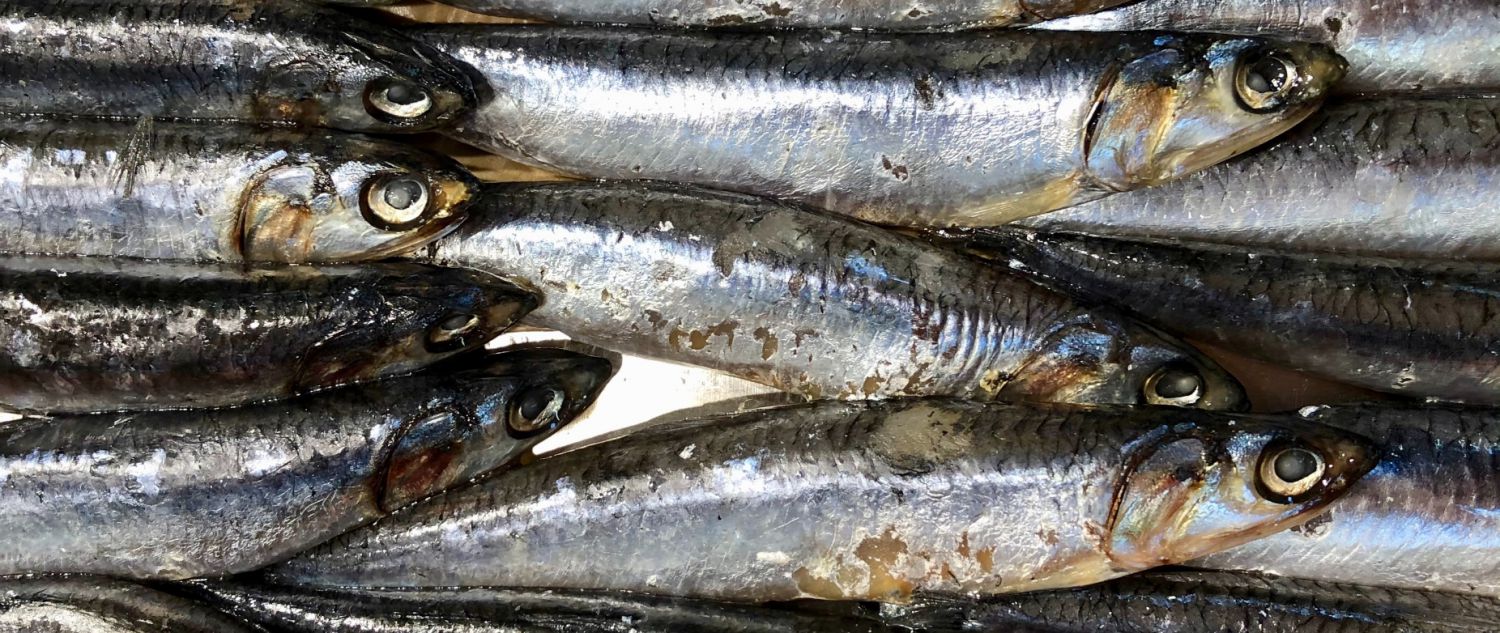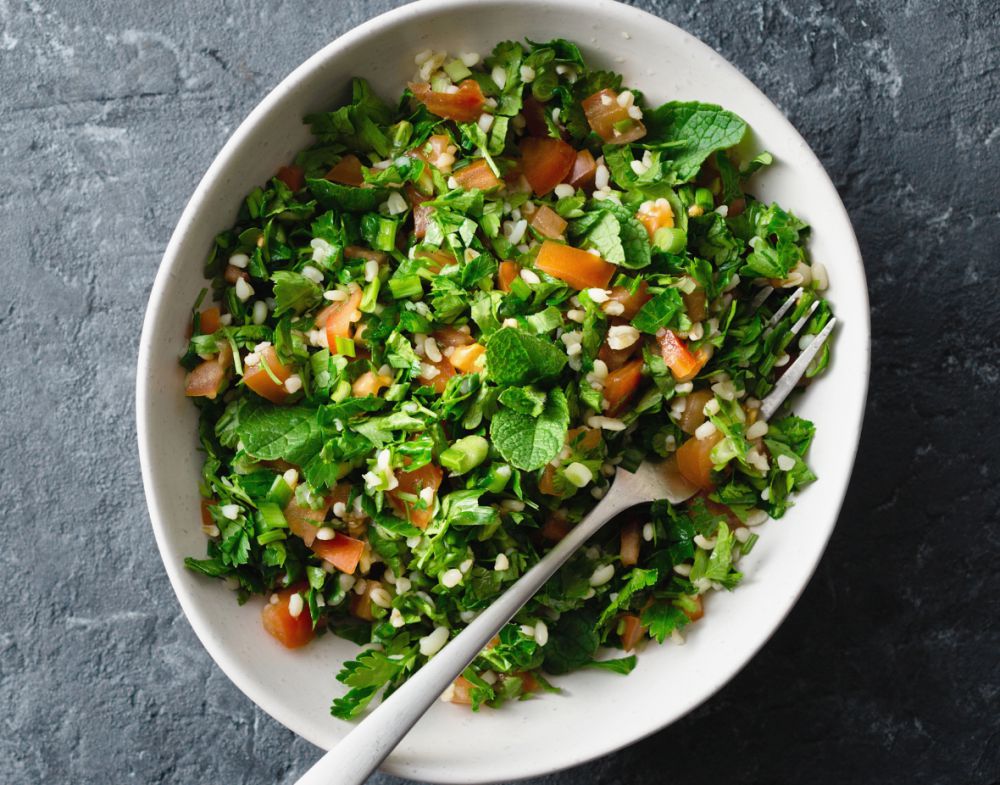Wine has always been an important part of diet, gastronomy and conviviality and has been evolving as a cultural complement to food over the years.

A balanced diet is the key element for a healthy lifestyle:
-
It is important to carefully choose what you eat and drink
-
Both quality and quantity should be considered when talking about a balanced diet
-
Take your time to appreciate your meal
-
Share it with friends and family and avoid overindulging
While the French Gastronomic meal (a festive meal bringing people together to enjoy the art of good eating and drinking) was recognised by UNESCO, the well-known and appreciated Mediterranean diet and lifestyle includes the appreciation of wine in moderation.
Wine & Mediterranean Diet
First publicised in the 1960’s as one of the healthiest diets by an Ancel Keys, an American doctor stationed in Italy during World War II, the Mediterranean diet has been studied by scientists ever since to unravel and understand the science behind it.
The Mediterranean Diet, which includes moderate consumption of wine, is considered as one of the healthiest diets in the world by the World Health Organisation.

The positive health effects of light to moderate wine consumption may be - at least in part - linked to the protective effects of specific bioactive ingredients in the wine (polyphenols) as well as in the foods consumed with higher abundance in the Mediterranean diet.

It is characterised by:
High intake of plant-based foods, fruits, vegetables, nuts, legumes
High intake of cereals, mainly whole grains
Fat is predominantly in form of extra virgin olive oil
Moderate intake of diary products, fish and poultry (white meat)
Moderate consumption of alcohol, preferably wine with meals
Low amounts of eggs as well as red meat and processed meat